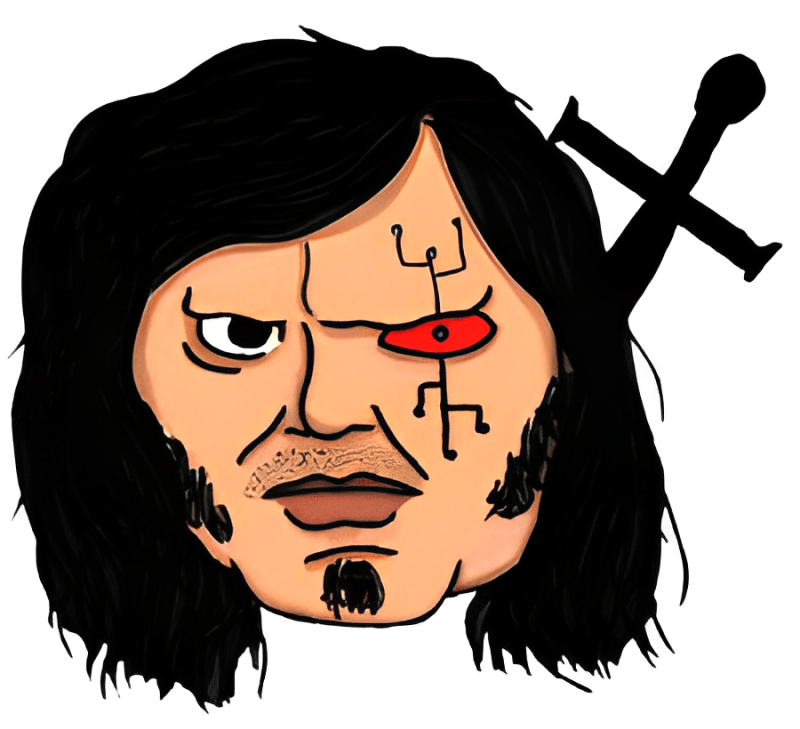In a world that often pushes uniformity and following the status quo, creativity and individualism can take a back seat. One of the main culprits behind this decline in creative and unique thought processes is conformity bias.
Understanding Conformity Bias
Conformity bias, or social conformity, is a mental tendency where individuals tailor their beliefs or actions to align with those within their social group. This phenomenon is often so powerful that it compels people to dismiss their own ideas, thoughts, or convictions, choosing instead to go along with the group consensus.
This can occur in a variety of settings and situations, ranging from major life choices to mundane everyday tasks, perpetuating a lack of diversity in thought and perspective. In essence, this bias promotes a societal standard of sameness, overshadowing the importance of individual uniqueness and variety. Therefore, the influence of conformity bias extends beyond mere compliance with group behavior, acting as a pervasive force that can shape one’s identity and way of thinking.
How Conformity Bias Impedes Creativity
Conformity bias stunts our creativity by making us overly cautious about presenting ideas that deviate from the norm. The apprehension of appearing dissimilar or of going against the grain can overshadow our innate creative impulses. Rather than allowing our imagination to run free and bring forth innovative ideas, we rein it in, choosing instead to conform to widely accepted norms and ideas. This self-imposed restriction can greatly limit our potential for unique, creative solutions and ideas.
In an environment where conformity reigns supreme, creativity is often the first casualty. This is because creativity thrives on diversity, uniqueness, and the freedom to explore different ideas and perspectives. In contrast, a culture of conformity encourages sameness and uniformity. This can stifle the free flow of new and unique ideas, leading to a monotonous pattern of thought and action. Therefore, succumbing to conformity bias not only curbs our creative instincts but also restricts the broad range of innovative solutions and perspectives that our individual creativity could potentially offer.
It is essential to understand the detrimental effects of conformity bias on creativity to mitigate its impact. Recognizing the constraints it places on our thinking can help us actively foster and maintain a vibrant culture of creativity and diversity, even in the face of societal pressures to conform. This commitment to individual creativity and diversity of thought can help us tap into our unique potentials and truly thrive.
Conformity Bias and the Suppression of Individualism
The pressures of adhering to a group’s mindset often force individuals to suppress their distinct perspectives, beliefs, and life experiences. Consequently, their unique identity and self-expression take a hit. This capitulation to societal pressures may lead to a devaluation of personal values, causing a diminishing sense of self and a decrease in self-confidence.
When individualism is curtailed in this way, a culture where everyone thinks and behaves similarly can develop, wiping out diversity. This results in a society that lacks diversity and nuance, one that becomes monochromatic and homogenized. An understanding of the influences and effects of conformity bias is crucial to safeguarding individualism. Only by recognizing the potential suppression of one’s unique identity can we begin to resist conformity bias and celebrate our individuality.
The Dangers of Groupthink and Hive Mindset
When conformity bias takes over, the emergence of groupthink and a hive mindset is inevitable, both of which are troubling consequences. Groupthink, a term coined by social psychologist Irving Janis, refers to the tendency within a group to seek unanimity and consensus, often at the cost of critical evaluation and independent thought. This pressure for harmony often undermines objective assessment, leading to decision-making that is not fully considered or balanced.
On the other hand, a hive mindset propagates the notion that the group’s needs should override the individual’s. This often results in the stifling of personal autonomy and the discounting of individual thoughts and feelings. It pushes for unity, but the cost can be a significant sacrifice of individuality and creativity.
Both groupthink and a hive mindset can have serious repercussions, as they devalue individual input and promote a collective approach that may not always result in the best outcomes. They favor compliance and uniformity over the exploration of diverse viewpoints, thus undermining the critical and creative thinking that breeds innovation and progress.



Recognizing and Overcoming Conformity Bias
Addressing conformity bias begins with acknowledging its presence and influence in our lives. The power of self-awareness cannot be overstated, as it enables us to identify moments where our decision-making might have been swayed by the crowd. As you grow more aware, cultivate the habit of reflecting on your choices and beliefs. Check for traces of group influence and consider if your true thoughts and feelings might have been suppressed due to the desire to conform.
To counteract this bias, it’s crucial to advocate for your own ideas and convictions, even if they seem to go against the popular opinion. Fostering open communication that welcomes varying opinions can help create a balanced environment where the fear of non-conformity is diminished. We must also learn to question the norm, realizing that consensus is not always synonymous with correctness. Overcoming conformity bias involves a conscious, sustained effort, but the payoff is a richer, more authentic and creative personal and professional life.
Breaking Free from the Conformity Trap
To liberate oneself from the invisible chains of conformity bias necessitates a significant amount of bravery and self-reflection. This means staunchly holding onto your personal principles and viewpoints, even when they stand in stark contrast to popular beliefs. It’s about cultivating a robust sense of identity that remains unaffected by societal pressures. Promoting a culture of critical thinking and introspection is essential, as is welcoming the unease that often accompanies such processes.
Remember, stepping outside our comfort zones paves the way for personal growth and development. In the grand scheme of things, the goal is not to completely discard all societal norms. Instead, the focus should be on striking a fine balance – embracing conformity where it fosters social harmony and cohesion, yet not letting it smother one’s distinctive character and creative spirit.






